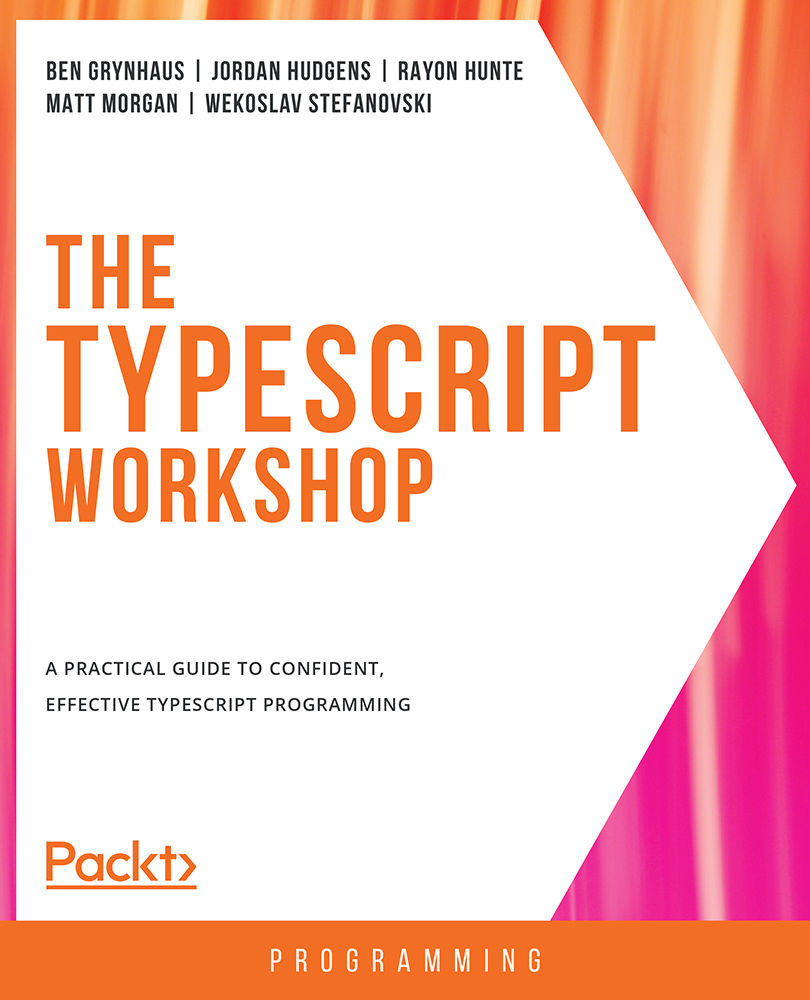This chapter got you started with the basics of generics and conditional types. We learned about generics in a lot of different use cases, why they are useful, as well as some extensions to their basic usage – generic defaults and conditional types. We performed a couple of exercises to show how you can include generics in your code to make it type-safe and avoid errors at runtime.
Generics are useful in all kinds of applications, both frontend and backend, and are used everywhere, but especially so in libraries, where a lot of the time, you want to expose an API that leverages the applications' types, which you might not know ahead of time.
In the next chapter, you'll learn about asynchronous development, some of which you encountered briefly in this chapter when typing external APIs.



 Free Chapter
Free Chapter
